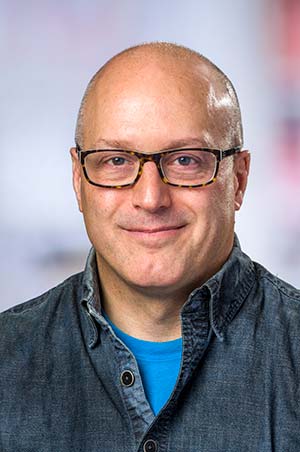Roland Strong, PhD
Professor
Basic Sciences Division, Fred Hutch
Professor
Vaccine and Infectious Disease Division, Fred Hutch
Member
Immunotherapy Integrated Research Center (IIRC), Fred Hutch
Member
Pathogen-Associated Malignancies Integrated Research Center (PAM IRC), Fred Hutch
Dr. Roland Strong is a biophysicist who uses protein engineering and structural biology — capturing the 3D shapes of proteins at their atomic level — to better understand the microscopic players that make up our immune systems. He works to both advance our basic knowledge of immunity and engineer proteins that could form the basis of new therapies or vaccines for cancer, HIV and other diseases. He led the development of Daedalus, a rapid protein-production system that supports preclinical studies at the Hutch and the University of Washington. Dr. Strong’s work has shed light on the molecular barriers to developing an effective HIV vaccine and pointed to improvements on vaccine design for infectious diseases, including HIV, using a computational approach.
Other Appointments & Affiliations
Member, Translational Data Science Integrated Research Center (TDS IRC), Fred HutchMember
Translational Data Science Integrated Research Center (TDS IRC), Fred Hutch
Joint Affiliate Associate Professor, Biochemistry
University of Washington School of Medicine
Education
PhD, Harvard University, Biophysics, 1990
BS, University of Michigan, Biophysics, 1984
Research Interests
Structural molecular immunology and vaccinology: we use the tools of structural molecular immunology (including biophysical methods such as x-ray crystallography, surface plasmon resonance interaction analysis (Biacore), small angle x-ray scattering, fluorescence and circular dichroism spectroscopy, and analytical ultracentrifugation) to study receptor/ligand interactions mediating immunity; current projects focus on: (1) immunorecognition of siderophores in infections and cancer, (2) AIDS vaccine development and (3) engineering novel immunotherapeutics.
"Ten years ago, if I had told somebody in my laboratory to make this [signal-blocking, immune-boosting Frankenprotein] they would have laughed at me. The freaking thing works. ... It does exactly what we wanted it to do."
— Dr. Roland Strong
